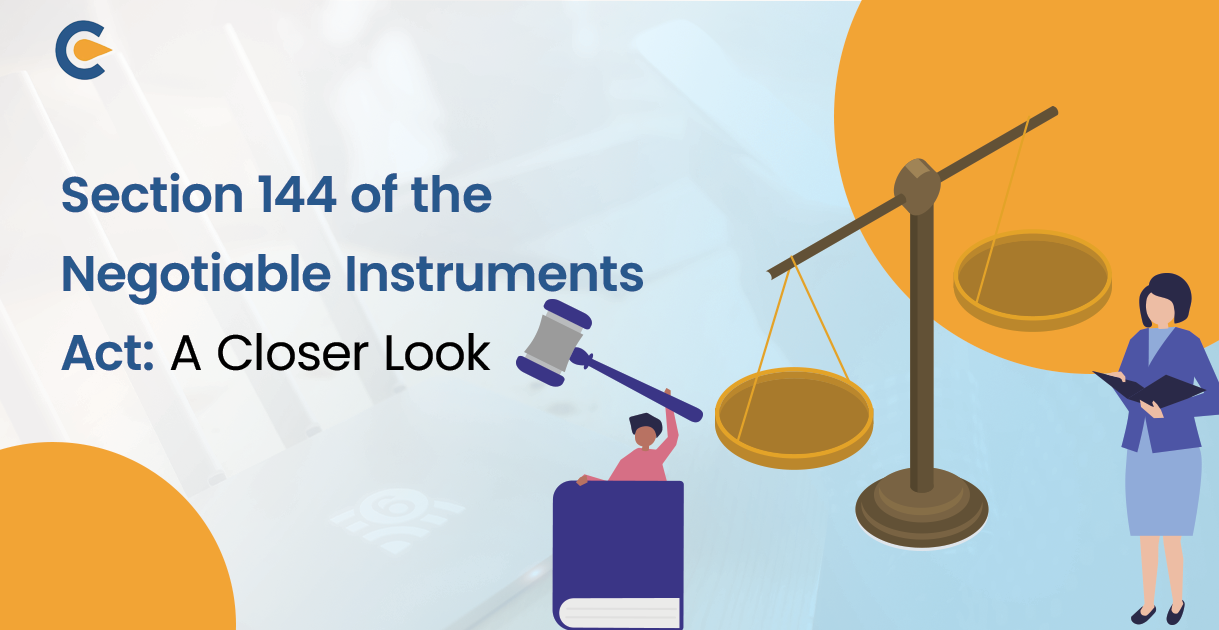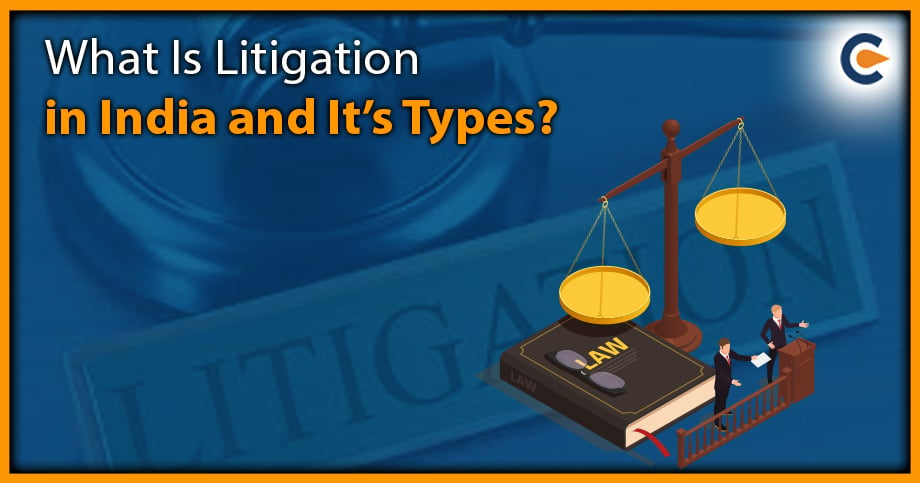Starting a business requires great attention and detailing primarily related to legal matters. Business-related documents and drafting of contracts are often required, and these activities can all be made simpler by hiring a business attorney. Business law, commonly known as Commercial Law, constitutes the whole set of regulations related to trade and sales. In this blog, we will pen down different branches of Commercial and their area of work.
What is Commercial Law?
Commercial Law covers business-related contracts, goods/services, banking and insurance, finance, and taxation. Commercial law covers in its ambit the rights and liabilities of parties in various agreements, such as agency agreements, guarantees, and arrangements for carriage, purchase, and sales of goods.
For every business, it isn’t easy to make transactions without a commercial contract. Without a commercial agreement, there would be no assurance that the other party would honor the transaction. In Commercial law, there are specific rules that need to be followed while forming these agreements. Commercial laws and their various branches make sure that the business contract becomes enforceable through the legal system.
Various Branches of Commercial Law
The Branches of commercial law deal with business and financial transactions. They mainly include contract law, property law, corporate law, intellectual property law, tax law, negotiable instrument law, and uniform commercial code.
1. Contract Law
One of the branches of Commercial law is Contract law. Contract law helped in creating contracts that play a vital role in any business. Agreements like Employer-employee agreements, the purchase and sale of goods, and partnership agreements are necessary to build the company. An attorney specializing in contract law assists you with contract law and ensures that business best interests are met in the written contract. Contract law is a law that defines and controls the rights and duties among the parties to the agreement. The contract is legally enforceable when it meets the requirements of applicable law. Contract law involves the trade of goods and services. In the case of Breach, the aggrieved party may seek legal remedies.
2. Property Law
Property law controls the transactions relating to different types of property. Property Law includes the sale, lease, rental, and transfer of immovable property. It also covers within its ambit bailment of moveable property. It deals with the law that governs various issues associated with the ownership of property.
3. Business Tax Law
From small businesses to Big 4 companies, all entities are subject to a variety of tax laws. Business tax law is a branch of commercial law that affects all components of Commercial law. Taxes like Excise taxes, employment, and property taxes on your real property business can affect your final decision. A Commercial attorney can organize and manage the tax issues and help in advising the business about the tax eligibility.
4. Antitrust Law
Commercial Laws also help in running your business in an ethical manner. It helps in avoiding legal complications and ensures healthy competition in the market. Identifying unfair practices can be difficult in a small as well as business with many owners. An antitrust law assists the company in commercial legal matters and helps in identifying ethical issues arising in business operations.
5. Corporate Law
Corporate law is one of the branches of commercial law that deals with the establishment, direction, and liquidation of companies. It exhibits legal provisions like the appointment of directors, capital structuring, prevention of insider trading, Dividend distribution, the redemption of shares, and mergers and amalgamation.
Corporate law helps in resolving corporate litigation like fraud and deceptive practices, employer-employee strikes, Banking and finance, real state sector, and the International Capital market. Also, the laws that govern the incorporation and operation of corporations are generally a civil body of law with civil remedies.
6. Uniform Commercial Code
The Uniform Commercial Code is a commercial law that has been adopted in various countries. A uniform Commercial Code is a complete body of laws administering regularity and fair dealing with transactions. It provides remedies and authorization to both parties. Also, it includes provisions relating to the sale of goods, Negotiable paper, bank deposits and collections, financing securities, and secured transactions.
Additionally, the UCC provides various types of warranties in the form of assurances made by the seller to the buyer related to the quality or terms and conditions of the goods. In case of Breach of warranty, a consumer may cancel a contract or sue for damages.
7. Intellectual Property Law
The Intellectual Property Law is a branch of commercial law that allows the business and its products to be distinguished individually from other products. Intellectual property is a revenue-creating mechanism that provides legal ownership to the holder of the product or process. Every business relies on this branch of commercial law, i.e., intellectual property rights, to secure their intellectual right.
Conclusion
So, Commercial law[1], along with its branches, has the maximum impact on the business. Various branches of commercial law help in the evolution of business law and provide multiple benefits in business. The effectiveness of these laws can be easily seen while administering various business activities that result in the betterment of the company.
Read our article:Legal Due Diligence: A Complete Checklist











